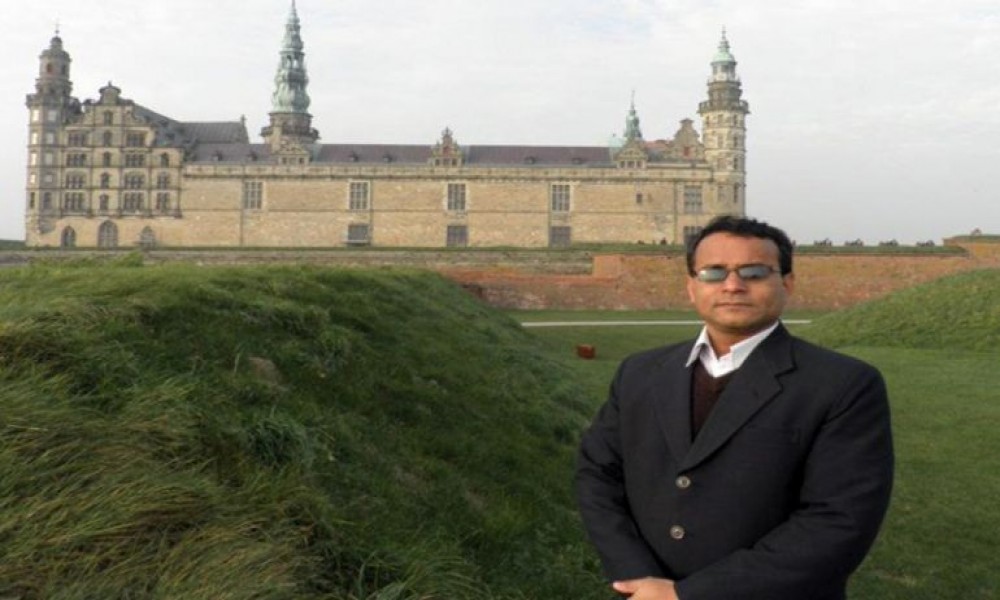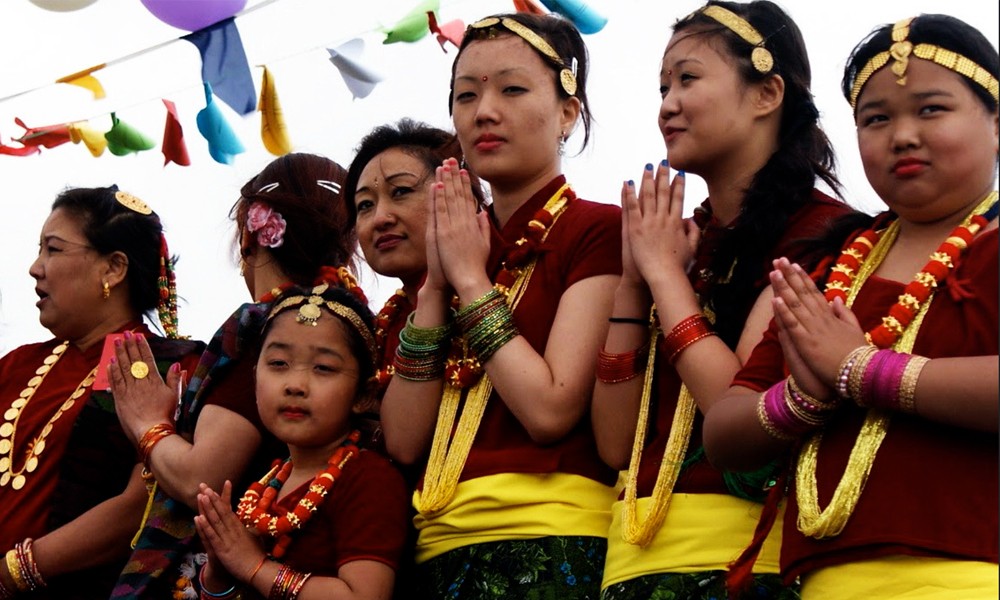The Madhesi aspirations
We need a strong movement to assert our rights but not with a separatist agenda
Tula Narayan Sah
For the Madhesi, Nepali–Khas is a third language. Their first languages are their own mother tongues like Maithai, Bhojpuri and Awadh. Hindi is their lingua franca. But the draft constitution has been written in Nepali, and has not been translated in non-Nepali languages. So the Madhesi, particularly the uneducated and illiterate, find it difficult to grasp all the points of the draft constitution. Even for me, understanding some of the provisions of the draft was not that easy. This is because the constitution has been drafted as a legal document. But the constitution is more of a political document. We should be clear about it.
In 1990, the constitution was written by a group of lawyers and experts. How long did that constitution last? Not long, no? What was the reason behind the failure of the 1990 constitution? The Maoist war? And who waged this war? The lawyers or politicians? In 1960, Rishi Kesh Shah wrote the constitution. But that was short-lived, too. Why did that constitution fail? Was it because of lawyers or BP Koirala? The point behind all these references is: the constitution is a political document, should be written in that way and should not be tampered with by legal experts.
The constitution is a political document, should be written in that way and should not be tampered with by legal experts.
The useless draft
When it comes to the constitution writing, the job of lawyers or experts is to script what political leaders decide. But the more important question is: will the draft constitution work? For me, it won't. And the reason why the draft constitution is useless is clear: it does not guarantee rights for Madhesi, Dalit, Janajatis, Muslims, women and other marginalized communities. All these historically and systematically oppressed class and communities want more or less the same thing: their proportional representation in all organs and mechanisms of the state. But the draft constitution has failed to address their aspirations.
The Madhesi want constitutional guarantee of their identity as the Nepalis. They are desperate about the new constitution because they believe it, if written in a more progressive way, will help end discrimination against them just because they resemble the Indians. They also want their proportional representation in the state organs. For the Madhesi, the door to join the Nepal army is virtually closed. Participation of the Madhesi in the army is very insignificant. This is yet another glaring example of exclusion of the Madhesi. But the draft constitution has failed to address this discriminatory practice, too. There are many other provisions that have antagonized the Madhesi.
When it comes to the constitution writing, the job of lawyers or experts is to script what political leaders decide. But the more important question is: will the draft constitution work? For me, it won't. And the reason why the draft constitution is useless is clear: it does not guarantee rights for Madhesi, Dalit, Janajatis, Muslims, women and other marginalized communities.
An imminent movement
Three men hold power in politics these days. If the NC Chair Sushil Koirala, the CPN (UML) Chair KP Oli and the UCPN (M) Chair Pushpa Kamal Dahal want, no one can stops the marginalized and excluded communities from getting their dues. But they are adamant not to give power, so a movement against the rulers is not a question of if but just when.
Until three decades ago, Saptari was only second to Kathmandu in terms of the number of graduates. Today, eight districts of the Tarai have highest rates of illiteracy. This is a result of systematic discrimination against the Madhesi. No matter how hard the Madhesi children studied, they had no or little chances of getting job opportunities. So they lost their hope, gave up studying and the result is visible now.
Today, there are four political forces in the Madhes. JP Gupta is passive. Bijaya Kumar Gachhadar and Mahanth Thakur are in parliamentary politics. Upendra Yadav is leading the Madhesi Front. And there is CK Raut. The educated and politically conscious youth of the Madhesi are now increasingly inclining towards Raut. But Raut's roadmap is flawed. A separatist agenda will not serve our purpose. If we want what we need, there should be a strong Madhes movement but not with the aim of dividing the country.
Also read
- Ensure Indigenous Peoples rights in new Constitution for lasting peace, prosperity and development of Nepal
- Draft Constitution Curbs Dalits' rights









